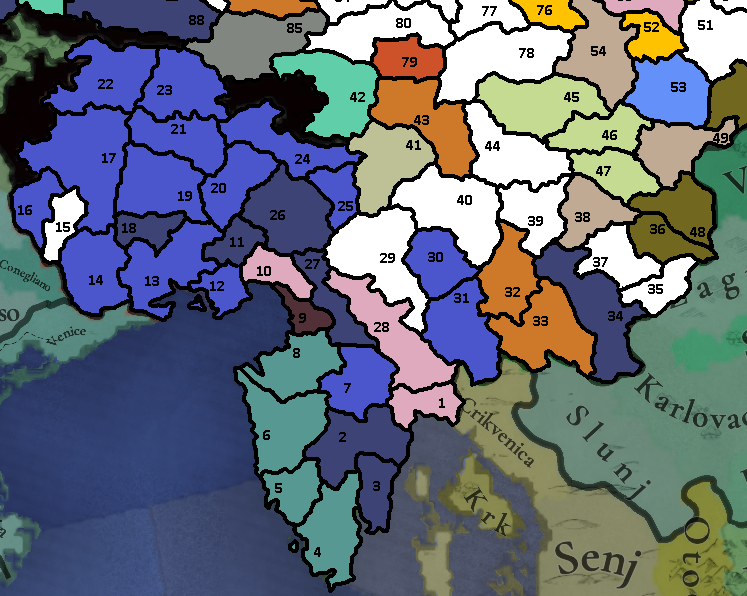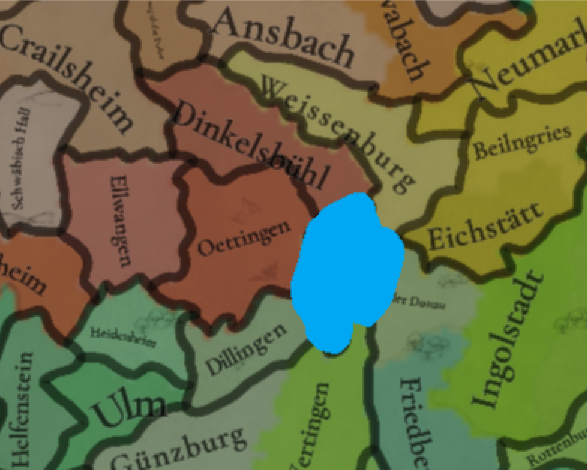Well, I was just pointing out these things as they were the results of processes happening before and during the EUV timeline (at least in the linguistic sphere). From this point of view, it would make more sense to keep the German language unified (to reflect the fact that it eventually developed into one standard German language) than to have an East Slavic "language" that never had a common standard in this timeframe and ended up dividing further, with Ukrainian, Belarusian, and Rusyn languages diverging from Ruthenian. While some events that contributed to this could potentially be prevented, others—like the Reformation—will always happen in the game.Period of Russification happened in 18th century. Why that should influence the starting position of 1337? There can be events/decisions to change the situation during the game. However start date should not be anachronic, at least as low as possible.
Same is true for German. German Empire unification happened in 1871. why should that be a factor in game? It is not even inside the timeframe.
Decline of the Hansa will be in 15th century. In 1337 it was in its middle age. Why should its future decline influence 1337 position?
Although I agree with you that the situation in 1337 was more comparable to Low German having much more influence, so your idea of having events to change the situation is interesting, I just don't think there would be any events representing language convergence or divergence in the game; the situation would most likely remain static.




